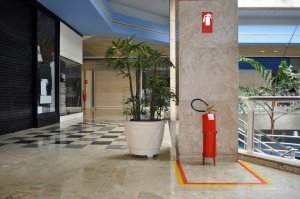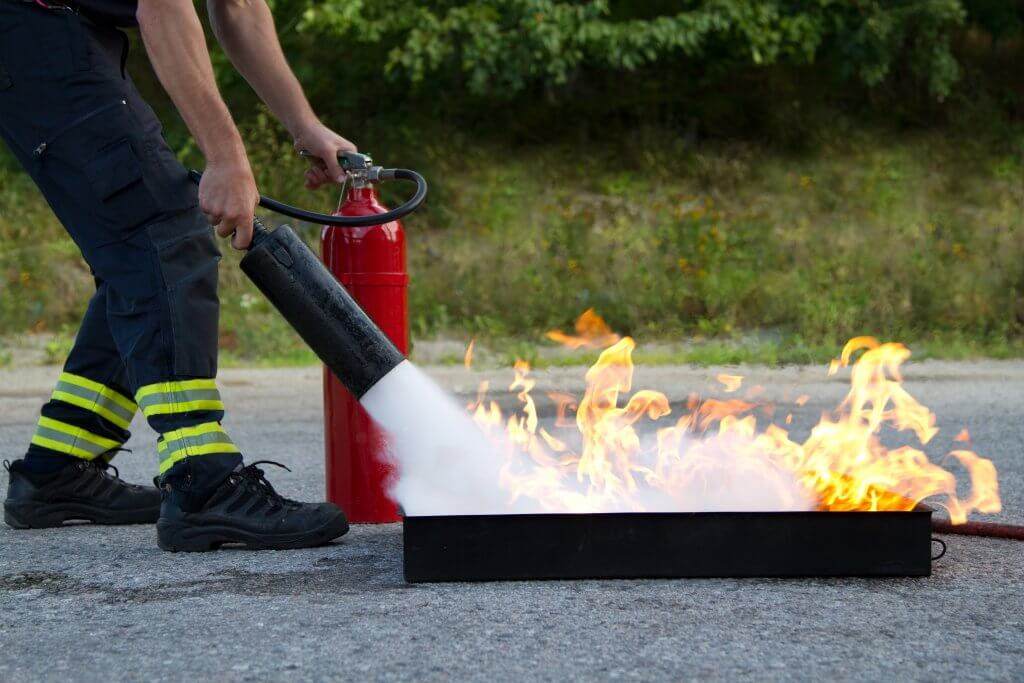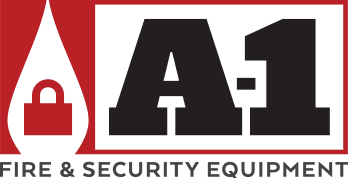If you own or maintain a public building, you’re concerned about fire protection. Regulations and common decency mandate that you keep visitors to your property safe, no matter the time of day or the emergency. Installing a fire alarm and sprinkler system is a great first step – but it’s simply not enough. When you want the best fire protection, you have to include regular preventative maintenance as part of your schedule.
Fire Safety Certifications
In case of an emergency, it’s always a great idea to have someone on your staff who is certified in fire response emergency management. Check with your state and local fire departments for information about fire emergency response training and certifications available. You might even consider having someone on your team become certified as a volunteer fire fighter. At very least, establish a working relationship with your local fire department. But, if you can train a key member of your staff to be responsible for all fire maintenance and prevention, you’ll be well on your way to preventing fires and fire hazards at your property.
Physical Inspections of Equipment

You should conduct regular physical inspections of your fire system equipment. Visually confirm – as in, walk your property and see for yourself – that all fire security measures are in place. You’ll want to look at all sprinkler heads – are any damaged or leaking? Do you notice anything out of the ordinary? Check your system panels – are they secure? Are there any issues you can see? Maybe just wipe them down as well, to keep the panels operating free from damaging elements in their environment. Check your lights and emergency exit equipment – are there any lights that have gone out? Any damage to equipment? Check that everything is responsive, has power, and is easily accessible in case of emergency.
Physical Inspections of Hazards
In addition to checking your property’s equipment to ensure it’s correctly working, you want to inspect your property for any fire hazards. Good fire protection should include diligent prevention that doesn’t allow hazardous conditions to linger. Make sure there are no stacks of boxes or papers. Make sure exits or doorways are not blocked in case of an emergency. Check for items improperly stored under the sprinklers or tree branches or decorations that obscure exit signs. The best way to protect your property is to think ahead, before an urgent situation happens.
Regularly Scheduled Reporting
If you have a sophisticated fire prevention or response system, check and troubleshoot the technology regularly. Many smart systems now come with automated reporting, where the system will send you regular reports of equipment activity and stats. Additionally, you should be able to set up your system to receive immediate alerts when there is a problem with a piece of equipment. Regularly scheduled reports can be crucial in determining your preventative maintenance schedule. So, make sure you utilize any system your fire protection provides that makes your monitoring easier.
Fire Extinguishers
In addition to other fire safety equipment, fire extinguishers are one of the most essential aspects of any fire protection system. Most businesses are required to follow strict regulations regarding fire extinguishers, but there usually isn’t anything that says you can’t go above and beyond. Fire extinguishers should be checked regularly, replaced as needed, and never be allowed to go out of stock. Make sure that everyone on your team knows how to use the fire extinguishers at your property. Although they are fairly simple, many people have never used one. And you don’t want their first time to be in the middle of a fire.

Team Safety Training
Lastly, one of the best things you can do in your company’s fire protection plan to make sure that all your team members are thoroughly trained in fire response. Employees should be aware of the nearest exit, how they will be alerted during an emergency, and where they should gather safely. Conduct regular fire drills with your entire staff, both scheduled and unscheduled.
That's It! You're Ready
If there are members of your team who will respond to an emergency, make sure they have the keys they need to access equipment. Or that they otherwise are able to do what is asked of them during the emergency. Regularly review procedures with them and have their training updated according to the most recent information available for your fire protection system.
